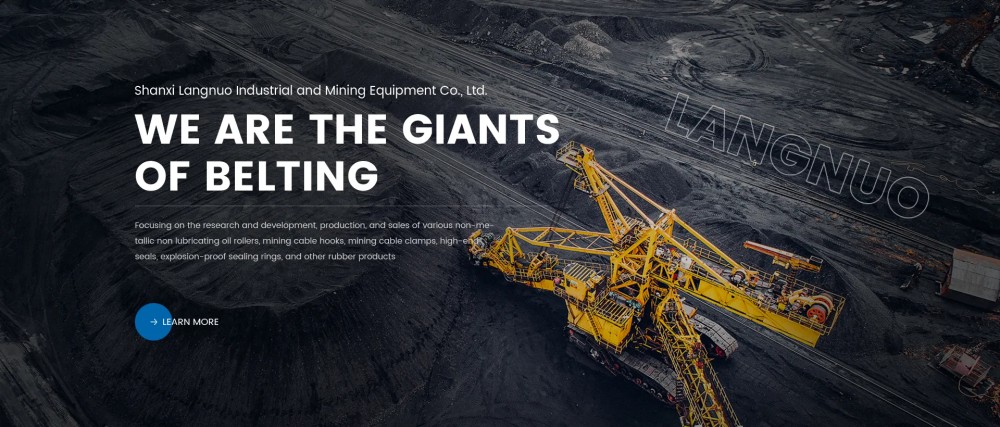## How Hydraulic PU Seals Manufacturers Work
Hydraulic PU seals, made from polyurethane, play a pivotal role in preventing fluid leakage and ensuring smooth operation within hydraulic systems. Understanding how hydraulic PU seals manufacturers function sheds light on the advanced manufacturing processes and technologies that contribute to efficient production.
At the heart of the manufacturing process are several key components, including raw material selection, mold design, and curing methods. Hydraulic PU seals are created from polyurethane elastomers, which provide excellent durability, flexibility, and resistance to wear, tear, and chemical exposure. Manufacturers begin by carefully selecting high-quality resin and additives to meet specific performance criteria.
The next crucial step is mold design. Sophisticated computer-aided design (CAD) software allows engineers to create precise molds that dictate the shape and dimensions of the seals. This technology ensures that each seal meets exact specifications, reducing material waste and improving overall efficiency.
Once the molds are designed, the production process moves to the mixing and pouring stage. Manufacturers blend the selected polyurethane components, including isocyanates and polyols, with colorants and additives that enhance properties such as UV resistance or flexibility. The mixture is then poured into the molds, a method known as compression molding. This technique ensures that the liquid materials fill the mold completely, preventing defects and ensuring uniformity in the final product.
Curing is the next critical step. The molds are subjected to controlled heat and pressure, allowing the liquid polyurethane to chemically react and solidify into a stable elastomer. Advanced curing processes, like injection molding, enable manufacturers to produce seals quickly and efficiently, meeting the increasing demands of various industries.
Hydraulic PU seals find application in a wide range of scenarios, from automotive hydraulic systems to industrial machinery and aerospace equipment. For example, in the automotive sector, hydraulic seals prevent leakage in brake systems, ensuring optimal safety and performance. In industrial machinery, these seals are crucial for minimizing downtime and maintenance costs, as they provide a reliable barrier against fluid loss.
The integration of advanced technology in the manufacturing of hydraulic PU seals not only streamlines production processes but also enhances product quality. Automation and robotics play a significant role in reducing human error and increasing output capacity, making manufacturers more competitive in the global marketplace.
In conclusion, hydraulic PU seals manufacturers leverage cutting-edge technology to produce high-quality seals that meet the demands of various applications. For businesses looking for reliable suppliers of hydraulic PU seals, understanding these manufacturing processes is essential. To learn more about our products or to inquire about ordering, feel free to contact us.
